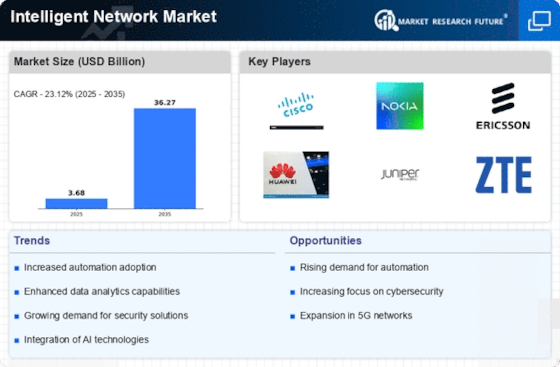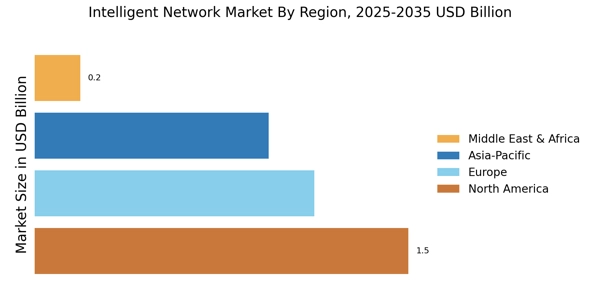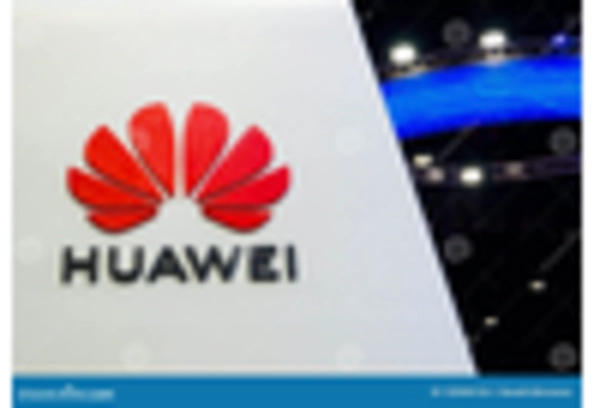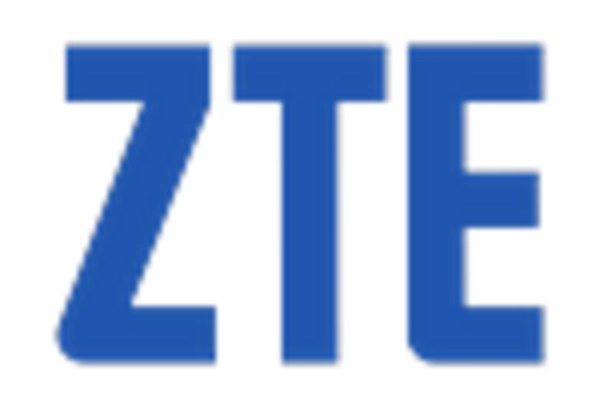Leading market players are investing heavily in research and development to expand their product lines, which will help the intelligent network market grow even more. Market participants are also undertaking numerous strategic activities to expand their global footprint, with important market developments including new product launches, contractual agreements, mergers and acquisitions, higher investments, and collaboration with other organizations. To expand and survive in a more competitive and rising market climate, the intelligent network industry must offer cost-effective items.
Manufacturing locally to minimize operational costs is one of the key business tactics manufacturers use in the global intelligent network industry to benefit clients and increase the market sector. Major players in the intelligent network market, including Cisco Systems (US), Ericsson (Sweden), Juniper Networks (US), Huawei Technologies (China), Nokia Corporation (Finland), and others, are attempting to increase market demand by investing in research and development operations.
EXFO Inc provides monitoring, test, and analytics solutions. The company's product portfolio comprises dispersion analyzer, network protocol testing, copper testing, fiber inspection probe, light source, real-time analyzer, tunable laser sources, optical communication analyzers, live fiber detectors, and OTDR and iOLM power meters. It offers various services, including training, field network testing, simulator test services, consumer care and delivery services. EXFO delivers its products and services to communications service providers, webscale firms and data centers, cable MSOs (multiple system operators), contractors, academic and research institutions, government, network equipment manufacturers, and system integrators.
In February 2020, EXFO Inc. established Nova Adaptive Service Assurance (Nova A|SA), the first intelligent automation platform allowing mobile network operators to deliver ultra-reliable, high-quality service experience in a 5G world.
Huawei Technologies Co Ltd, a subsidiary of Huawei Investment & Holding Co Ltd, provides information and communication technology (ICT) infrastructure and smart devices. The company's product portfolio includes laptops, tablets, routers, wearables, headphones, enterprise wireless products, enterprise optical transmission and access products, networking products, and cloud and computing products. It also offers services, software for carrier networks, and smart services for enterprises.
In September Huawei introduced enhanced capabilities of its Intelligent Cloud-Network Solution, which were developed to suit clients' evolving needs and encompass three main scenarios, CloudFabric, CloudWAN, and CloudCampus.
Huawei also published a white paper on wireless intelligent networks to help businesses with digital innovation.

















